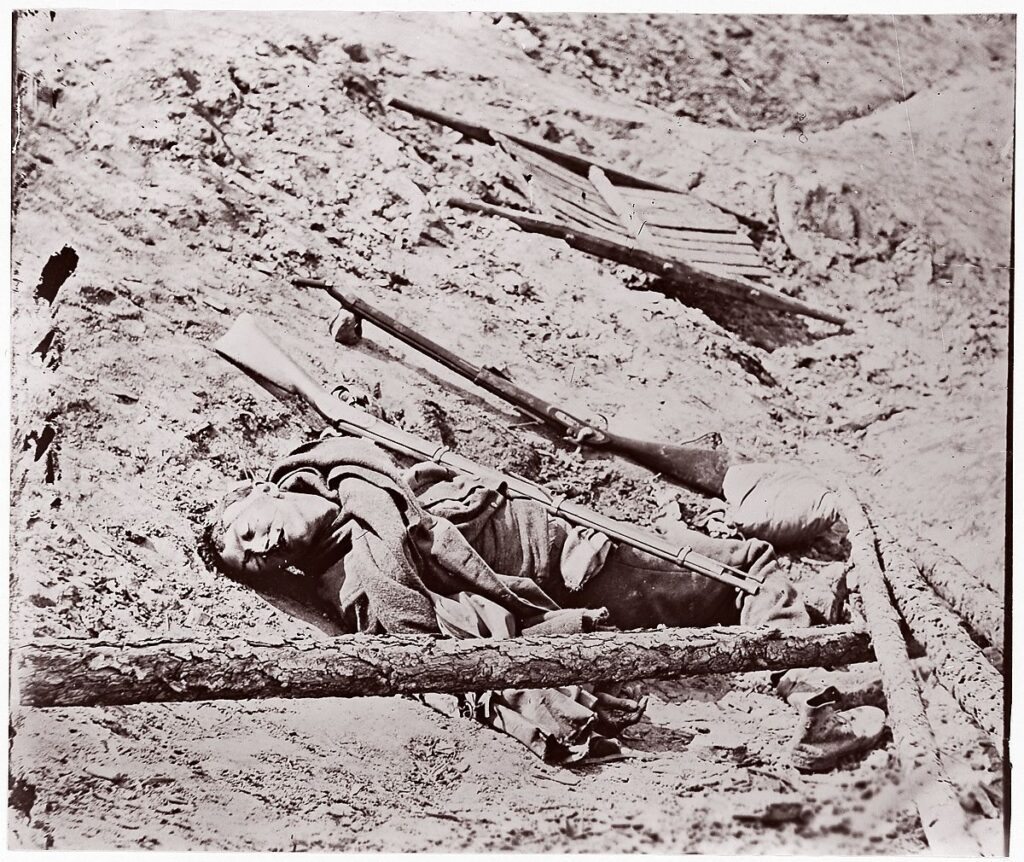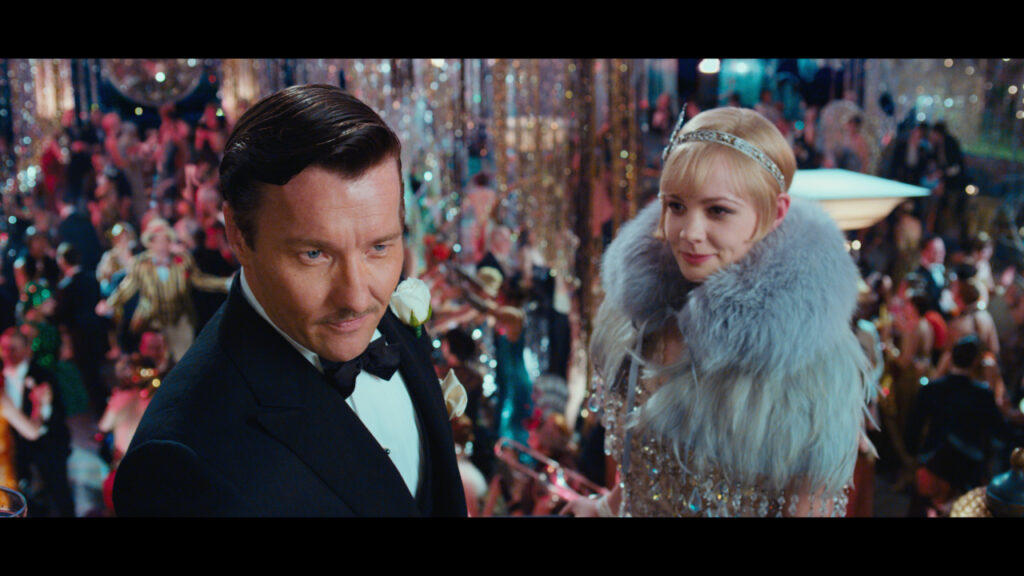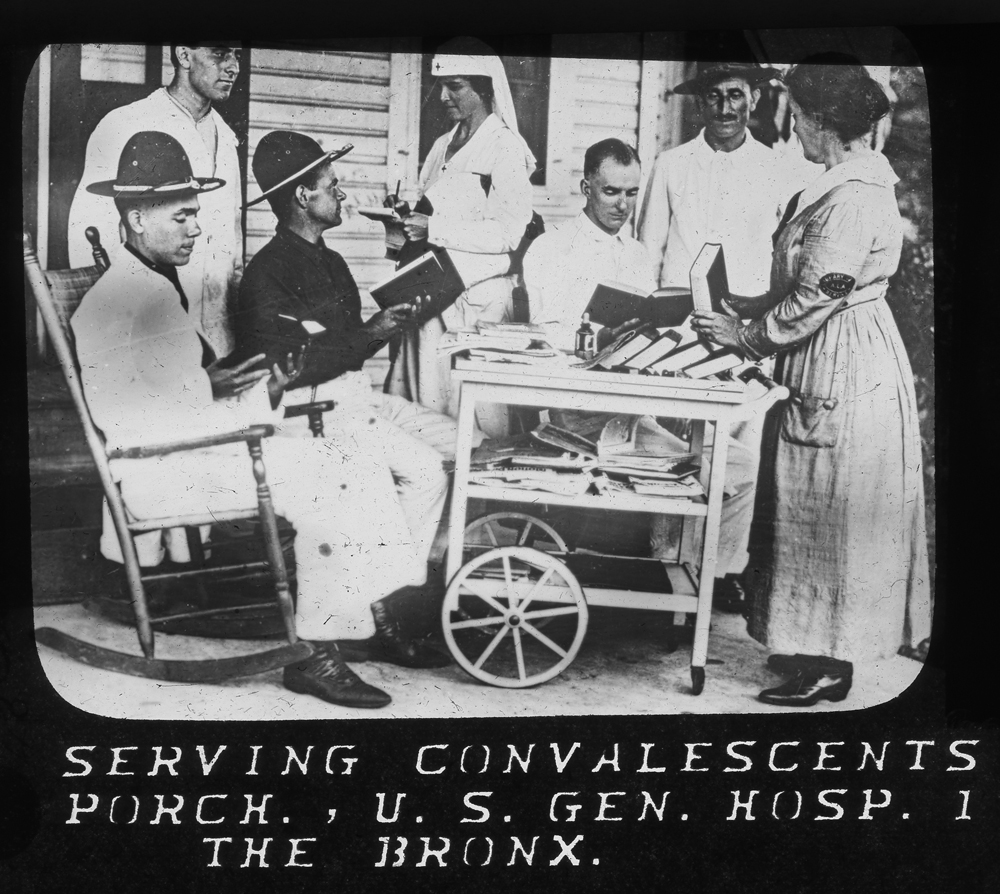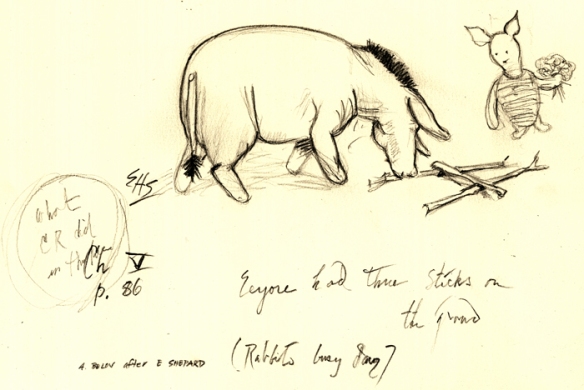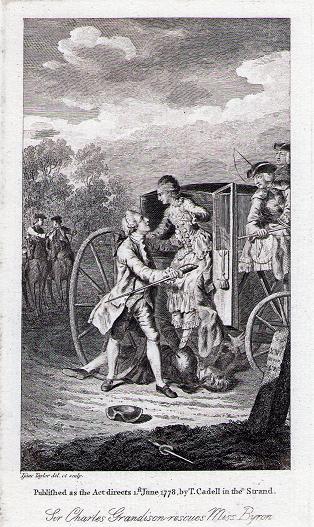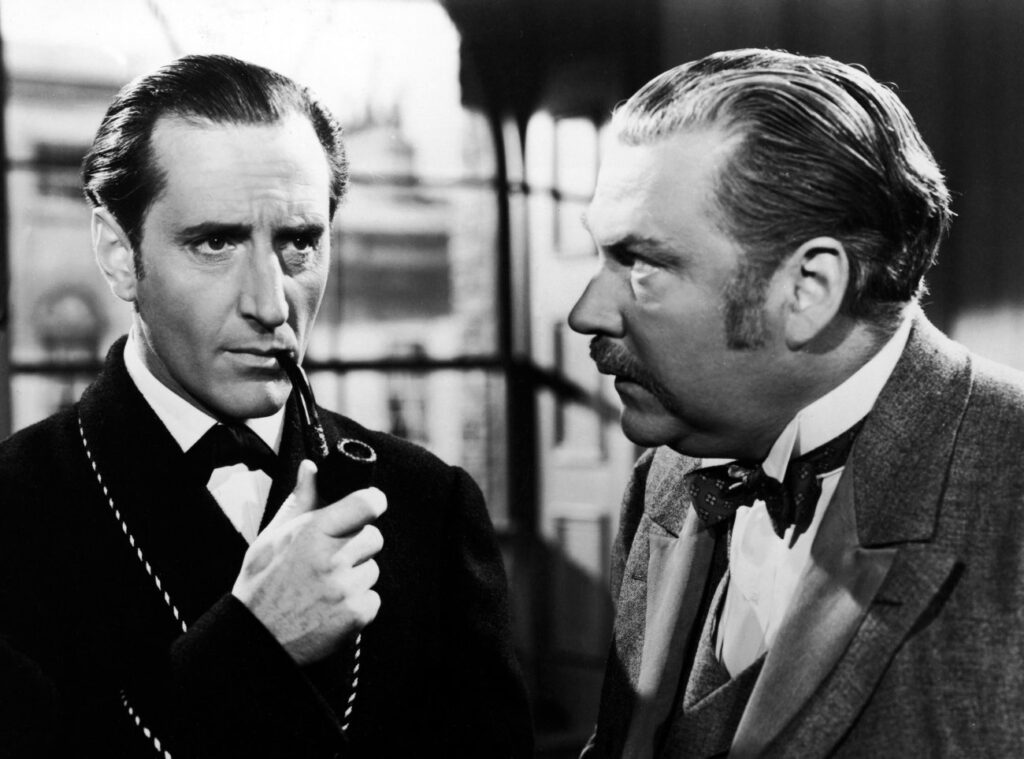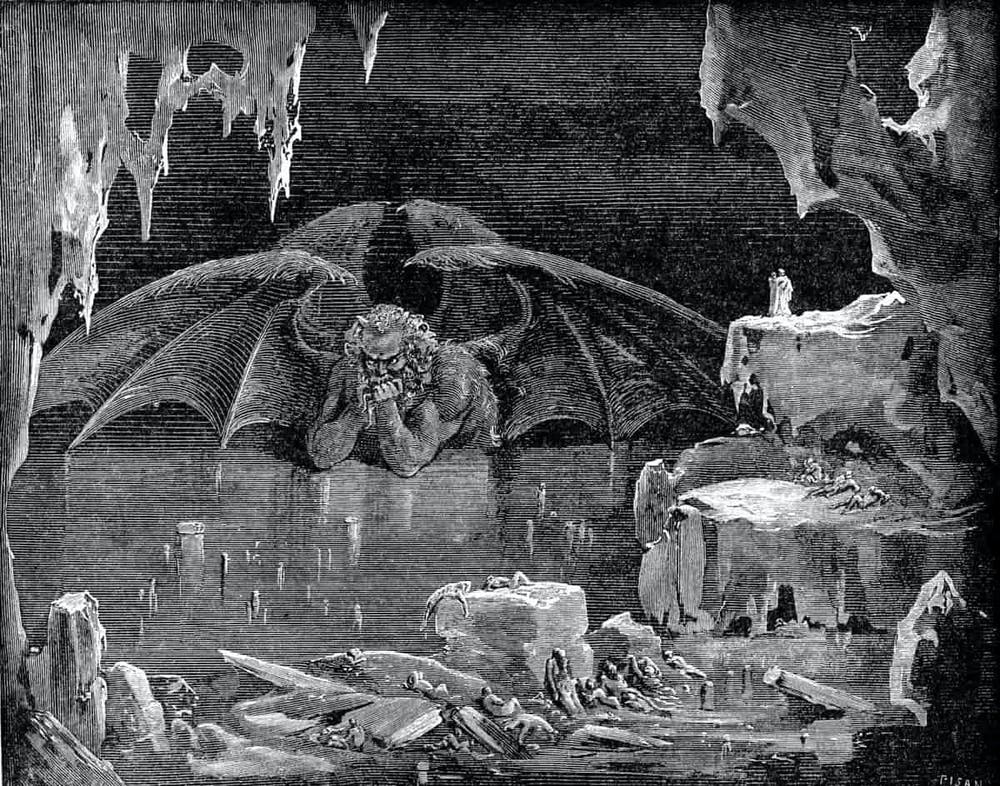Thursday
In his speeches about withdrawing from Afghanistan, Joe Biden has been making the point that we have outsourced our fighting, along with the suffering and the dying, to a tiny minority of Americans. While evading the pain of war ourselves, we have been all too ready to let others take it on. This reality, along with the fact that the Afghan War was endless and unwinnable, lay behind the president’s decision to withdraw.
As I am one of those many Americans who knows virtually nothing about what service members undergo on the battlefield, I figured I should look into the matter. Fiction conveys such experiences far better than factual accounts so I turned to a novel that I have always intended to read, Stephen Crane’s The Red Badge of Courage.
I emerged from it with my eyes newly awakened to the horrors of war. Which I suspect was Crane’s intent.
Like many readers, I assumed as I read that Crane had seen action in the American Civil War. It so happens, however, that he was born five years after hostilities ended, in 1871. Such is the power of the imagination, however, that the author has convincingly entered the mind of a union soldier, getting us to feel the range of emotions that accompany live combat.
So that you can also experience those emotions, here are a few passages that stood out. In the first, the youth (as Crane calls him) encounters his first enemy corpse:
Once the line encountered the body of a dead soldier. He lay upon his back staring at the sky. He was dressed in an awkward suit of yellowish brown. The youth could see that the soles of his shoes had been worn to the thinness of writing paper, and from a great rent in one the dead foot projected piteously. And it was as if fate had betrayed the soldier. In death it exposed to his enemies that poverty which in life he had perhaps concealed from his friends.
The ranks opened covertly to avoid the corpse. The invulnerable dead man forced a way for himself. The youth looked keenly at the ashen face. The wind raised the tawny beard. It moved as if a hand were stroking it. He vaguely desired to walk around and around the body and stare; the impulse of the living to try to read in dead eyes the answer to the Question.
In a later scene, the youth surveys a field of corpses:
Under foot there were a few ghastly forms motionless. They lay twisted in fantastic contortions. Arms were bent and heads were turned in incredible ways. It seemed that the dead men must have fallen from some great height to get into such positions. They looked to be dumped out upon the ground from the sky.
And then there’s the moment when he is overtaken by battle frenzy and becomes a wild animal:
His fingers twined nervously about his rifle. He wished that it was an engine of annihilating power. He felt that he and his companions were being taunted and derided from sincere convictions that they were poor and puny. His knowledge of his inability to take vengeance for it made his rage into a dark and stormy specter, that possessed him and made him dream of abominable cruelties. The tormentors were flies sucking insolently at his blood, and he thought that he would have given his life for a revenge of seeing their faces in pitiful plights.
The winds of battle had swept all about the regiment, until the one rifle, instantly followed by others, flashed in its front. A moment later the regiment roared forth its sudden and valiant retort. A dense wall of smoke settled down. It was furiously slit and slashed by the knifelike fire from the rifles.
To the youth the fighters resembled animals tossed for a death struggle into a dark pit. There was a sensation that he and his fellows, at bay, were pushing back, always pushing fierce onslaughts of creatures who were slippery. Their beams of crimson seemed to get no purchase upon the bodies of their foes; the latter seemed to evade them with ease, and come through, between, around, and about with unopposed skill.
When, in a dream, it occurred to the youth that his rifle was an impotent stick, he lost sense of everything but his hate, his desire to smash into pulp the glittering smile of victory which he could feel upon the faces of his enemies.
And here his company witnesses a wounded comrade:
When their eyes first encountered him there was a sudden halt, as if they feared to go near. He was thrashing about in the grass, twisting his shuddering body into many strange postures. He was screaming loudly. This instant’s hesitation seemed to fill him with a tremendous, fantastic contempt, and he damned them in shrieked sentences.
Crane was a pioneer of literary naturalism, where the author depicts reality in minute detail and without moral judgment. To regain our human perspective, we as readers must wade in and provide the commentary ourselves.
When the book begins, the youth harbors dreams of glory. That dreaming is no more by the end of the three-day battle. “He had been an animal blistered and sweating in the heat and pain of war,” Crane tells us. “He turned now with a lover’s thirst to images of tranquil skies, fresh meadows, cool brooks–an existence of soft and eternal peace.”
Wars must sometimes be fought, but leaders should first read books like The Red Badge of Courage in order to fully appreciate what they are asking of their citizens. They might wrestle more with their decision were they more aware of what is in store.
